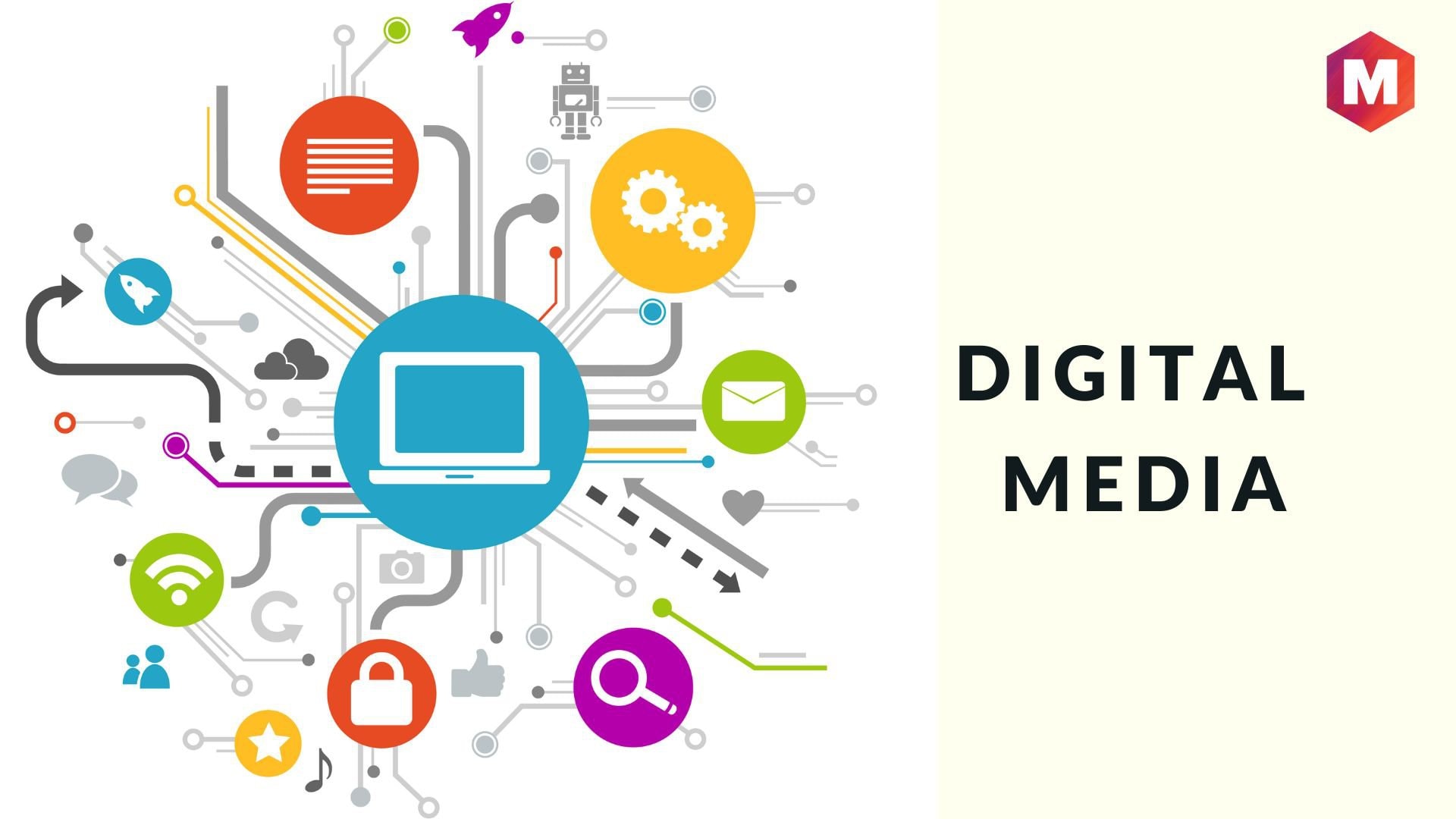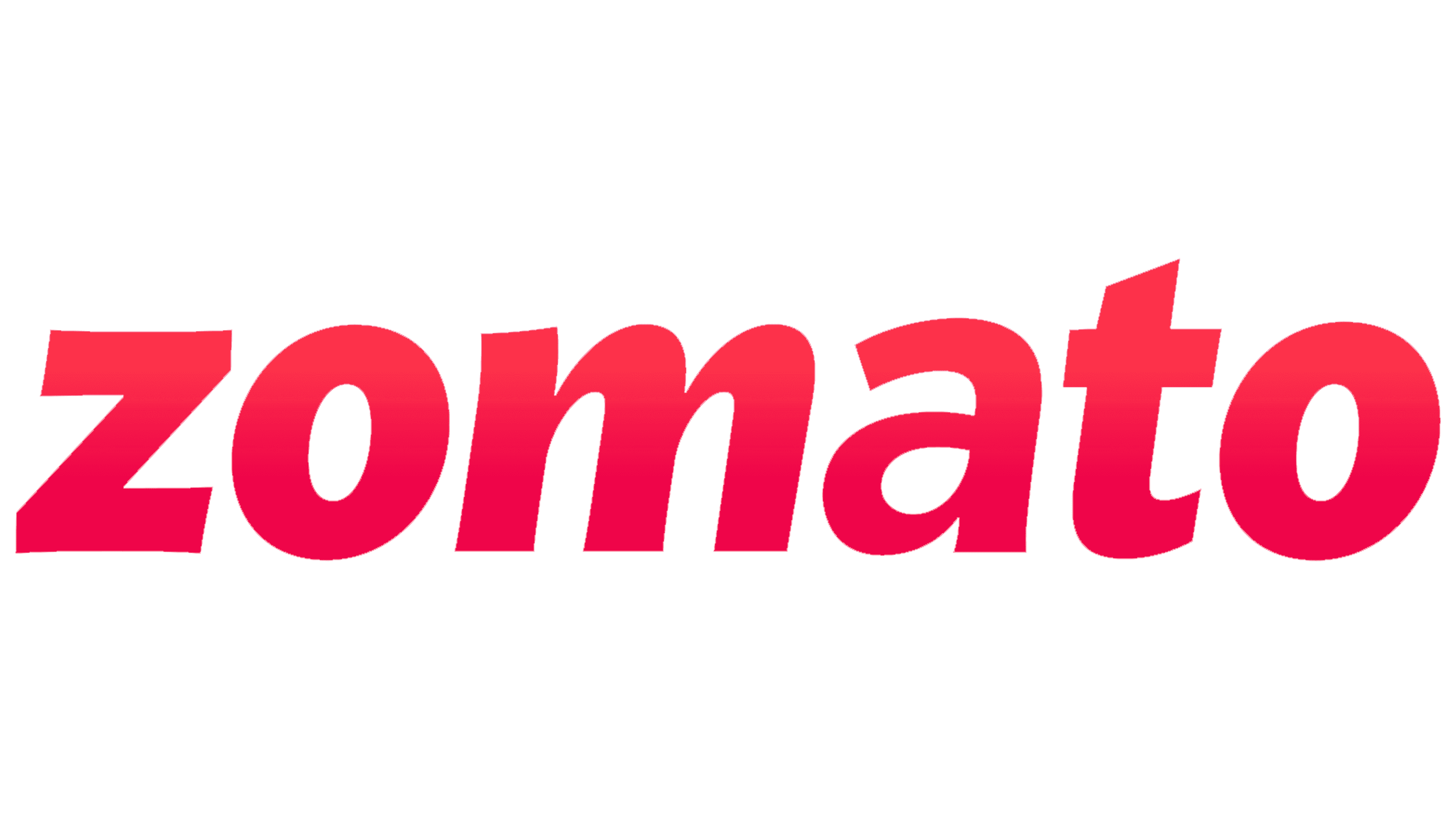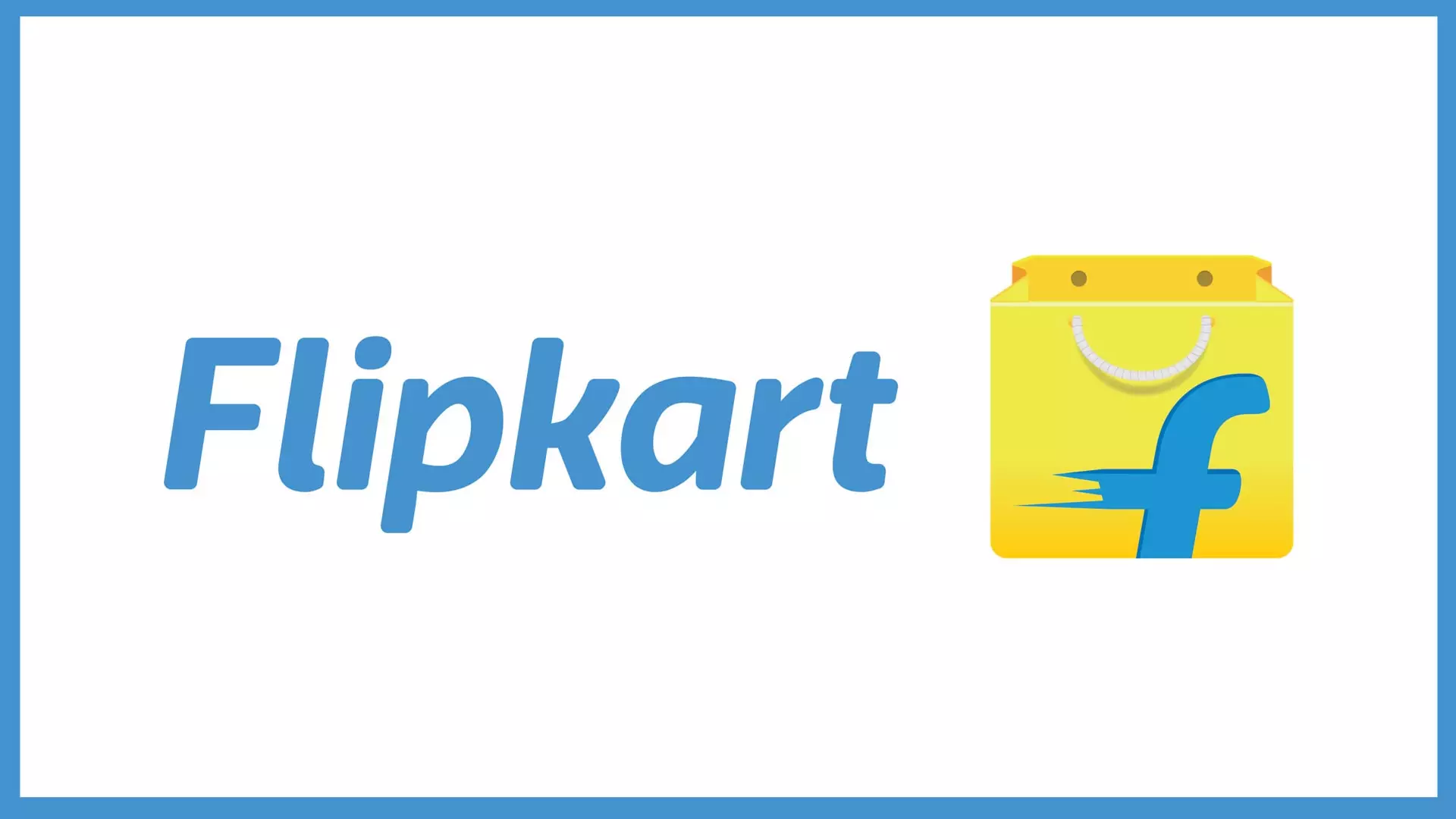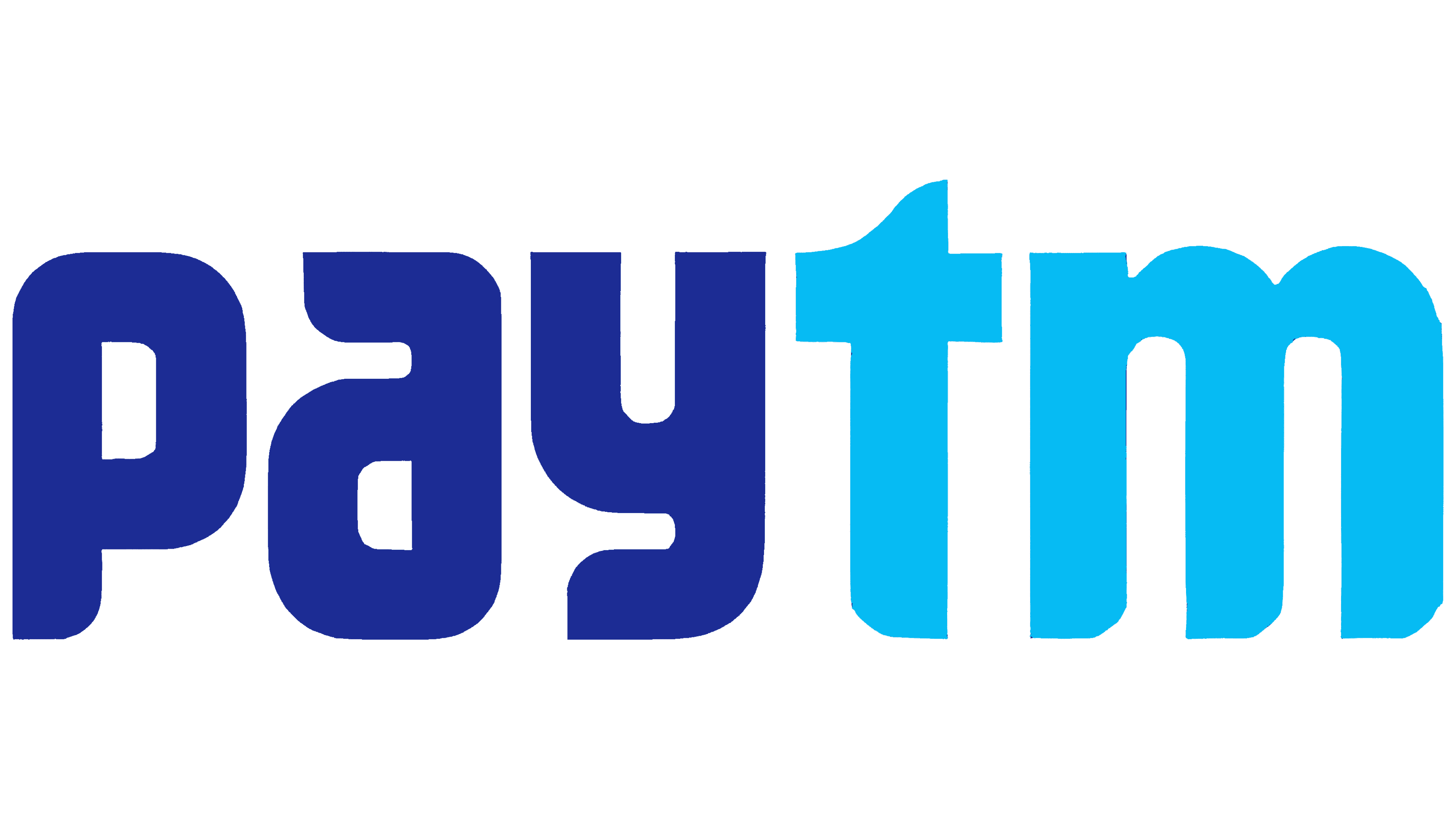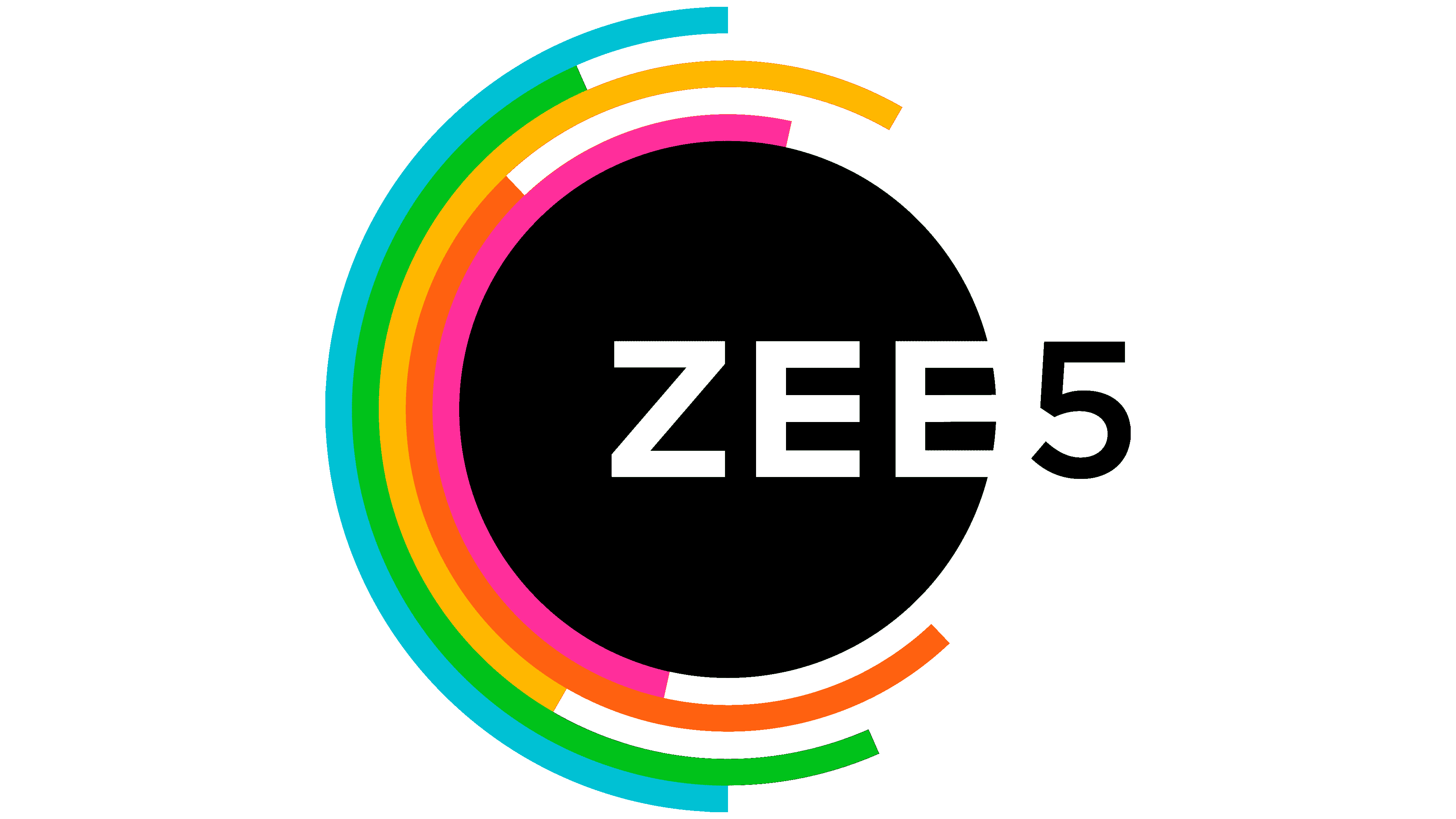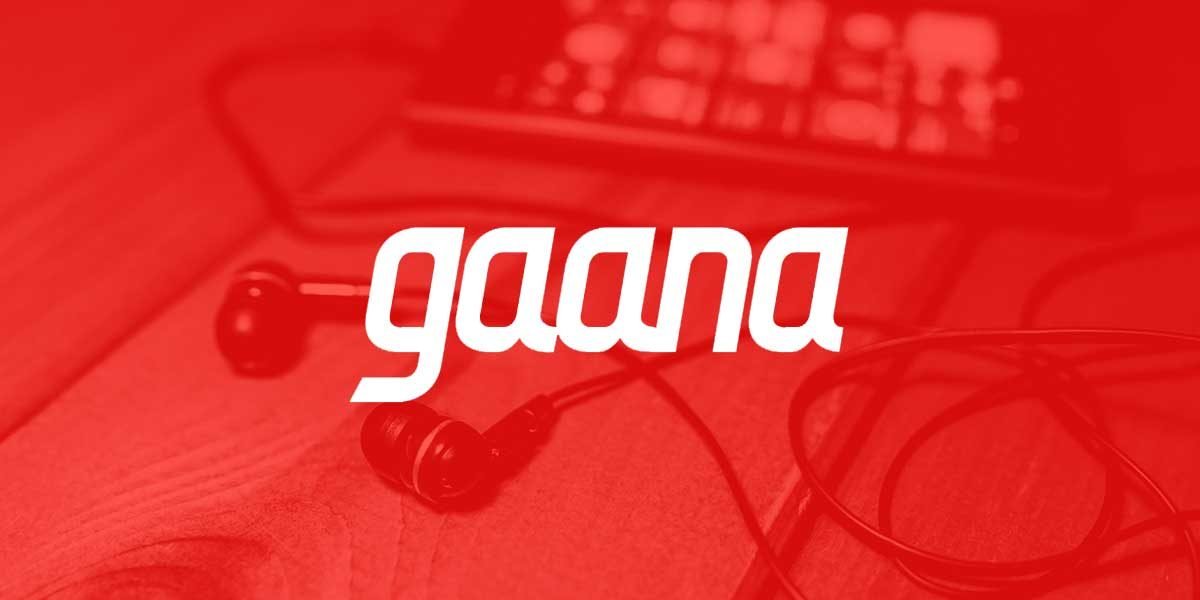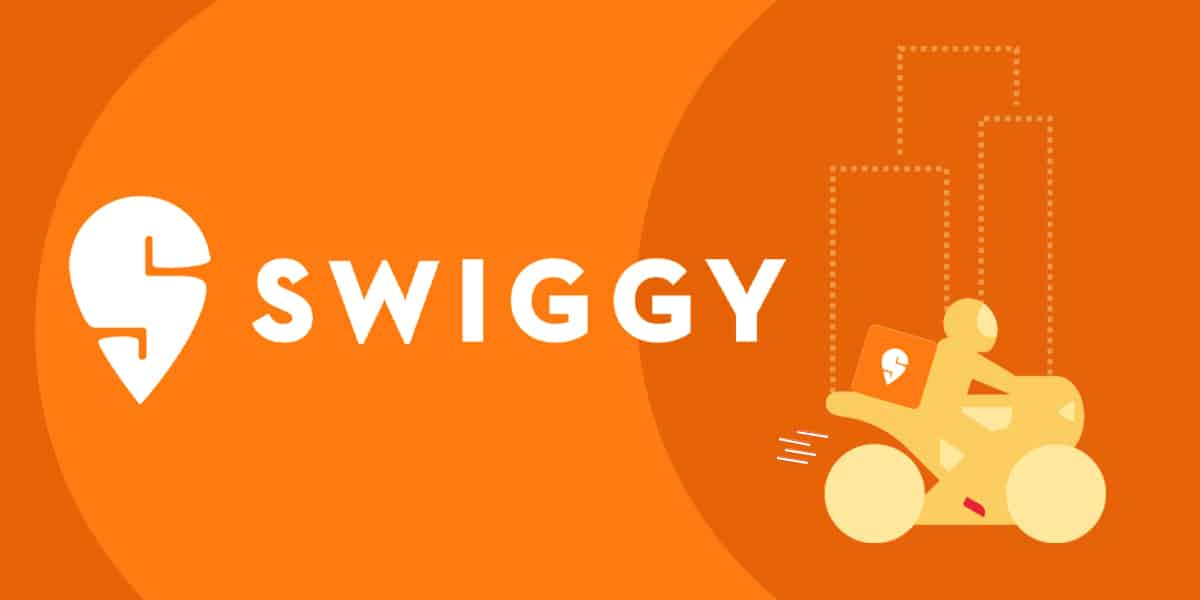Top 10 Best Digital Media Companies in India 2023
Digital media companies create, publish, and distribute content through digital platforms. They use the internet, social media, websites, apps, video games, advertising, data analytics, mobile devices, and other interactive platforms to deliver their content. Here are some types of digital media companies:
Digital News Media: These companies specialize in creating and distributing news through digital channels. Examples include BuzzFeed, Vice, Huffington Post, and more.
Streaming Services: These companies offer on-demand video content, music, and even live TV over the internet. Examples include Netflix, Amazon Prime Video, Spotify, Hulu, and Disney+.
Social Media Platforms: These companies provide platforms where users can share content, interact, and build communities. Examples include Facebook, Twitter, Instagram, Snapchat, and LinkedIn.
Digital Advertising Firms: These companies provide services in digital marketing and advertising, leveraging data and analytics to target specific customer groups. Examples include Google’s AdWords, Facebook Ads, and many specialized digital marketing agencies.
Online Gaming Companies: These firms develop and distribute digital games. Examples include Epic Games, EA (Electronic Arts), Activision Blizzard, and Valve Corporation.
E-commerce Companies: These companies conduct retail operations over the Internet. Examples include Amazon, eBay, Alibaba, and Etsy.
Search Engines: These companies help users navigate the vast amount of information available on the internet. Google is a prime example.
Data Analytics Companies: These firms specialize in analyzing digital data to help other businesses make informed decisions. Examples include Palantir and Tableau.
EdTech Companies: These firms use digital technology to enhance learning and provide educational content. Examples include Coursera, Khan Academy, and Duolingo.
HealthTech Companies: These companies utilize digital platforms to provide health services, consultation, or health-related information. Examples include WebMD, Zocdoc, and Fitbit.
Why Digital media Companies are important
Digital media companies play an increasingly vital role in our modern society for several reasons:
Information and News: Digital media companies provide real-time news and information, keeping people informed about world events, local news, weather, and more. These companies have largely replaced traditional print media as the go-to source for news.
Education and Learning: With the advent of digital media, access to educational content has never been easier. From YouTube tutorials to online courses from top universities, digital media companies are crucial in providing educational opportunities to people all over the world.
Entertainment: Streaming services, online gaming platforms, and social media platforms provide entertainment to billions of people every day. They offer a wide range of content, including movies, TV shows, music, podcasts, and games.
Communication and Connectivity: Social media platforms enable people to stay connected with family and friends, meet new people, and share their thoughts and experiences. They’ve revolutionized the way we communicate and maintain relationships.
Marketing and Advertising: Digital media companies have transformed the marketing and advertising industry. They allow businesses to target specific audiences, measure the effectiveness of their campaigns, and reach customers on a global scale.
E-commerce: Online shopping has become the norm for many consumers. Digital media companies provide platforms that connect sellers with customers, providing a convenient shopping experience and opening up new opportunities for businesses.
Job Creation: Digital media companies have created millions of jobs worldwide. They offer roles in diverse fields like software engineering, digital marketing, content creation, data analysis, and more.
Innovation: Digital media companies are at the forefront of technological innovation. They continuously develop new ways of creating and distributing content, from virtual reality experiences to AI-driven personalization.
History of Digital Media Companies in India
The history of digital media companies in India can be traced back to the late 1990s and early 2000s when the Internet began to gain popularity in the country. Here’s a brief overview of the evolution of digital media companies in India:
Late 1990s to early 2000s: The advent of the internet in India laid the foundation for the growth of digital media. Early players in the digital space included portals like Rediff, Sify, and Indiatimes that provided news, email services, and various other online services.
2004 – 2006: The growth of blogging platforms, and the advent of YouTube in 2005, started a new era of user-generated content. The content landscape began to democratize, with many individuals creating and distributing their content.
2006 – 2010: Social media networks like Facebook, Twitter, and LinkedIn gained popularity in India, changing the way people communicate, share, and consume information. This period also saw the rise of Indian e-commerce companies like Flipkart (founded in 2007), Snapdeal (founded in 2010), and others.
2010 – 2015: The spread of smartphones and cheaper data plans caused a surge in the consumption of digital media. Companies like Zomato (founded in 2008) and Ola (founded in 2010) leveraged this shift to build successful businesses. Media companies like The Quint, Scroll, and The Wire started providing digital-first news.
2015 – Present: The launch of Reliance Jio in 2016, offering affordable 4G internet, led to a massive increase in India’s online population. This period saw the rise of various digital media ventures. OTT (Over-the-top) platforms like Hotstar, Amazon Prime Video, and Netflix became popular. Music streaming services like Gaana and Saavn gained users. In the news sector, companies like Inshorts and Dailyhunt offered bite-sized news to cater to the changing consumption habits of users.
Today, digital media in India encompasses a variety of sectors, including news, entertainment, e-commerce, food delivery, ride-hailing, and more. These companies are continually innovating and adapting to cater to one of the world’s largest internet user bases.
Please note that this is a simplified overview, and the history of digital media companies in India involves many more players and complex developments.
Benefits of Digital Media Companies
Digital media companies have reshaped how information is created, shared, and consumed, offering several benefits to individuals, businesses, and society at large:
Access to Information: Digital media companies provide easy and instant access to a vast amount of information, making it possible for individuals to stay updated with global news, learn new skills, research products, and more.
Global Reach: Digital media platforms can reach audiences across the world, breaking geographical boundaries. This is beneficial for businesses looking to expand their customer base, as well as for individuals seeking to connect with others or access content from different parts of the world.
Interactivity and Engagement: Unlike traditional media, digital media allows for two-way communication. Users can interact with content by commenting, sharing, or liking, which can increase engagement and community building.
Personalization: With the use of data and artificial intelligence, digital media companies can personalize content for individual users, enhancing the user experience and increasing the relevance of content.
Cost-Effectiveness: Digital media platforms can be more cost-effective than traditional media, both for consumers and businesses. Consumers can access a vast amount of content, often free or at a lower cost than traditional media. For businesses, digital media offers more cost-effective advertising and marketing opportunities.
Real-Time Analytics: Digital media allows for the tracking and analysis of user interactions in real-time. This enables businesses to gain insights into consumer behavior, measure the effectiveness of their strategies, and make data-driven decisions.
Job Creation: Digital media companies have created numerous jobs and opportunities for individuals globally. These roles span across various fields like content creation, digital marketing, data analysis, and software development.
Encourages Innovation: Digital media companies are often at the forefront of technological innovation, exploring new ways to create and share content, from virtual reality and augmented reality experiences to the use of AI and machine learning for personalization and automation.
Best Digital Media Companies in India
Zomato
Flipkart
Ola Cabs
Hotstar (Disney+ Hotstar)
BookMyShow
Paytm
Zee5
Gaana
Swiggy
InShorts
Zomato
Zomato is a popular Indian multinational restaurant aggregator and food delivery company founded in 2008 by Deepinder Goyal and Pankaj Chaddah. It provides information, menus, and user reviews of restaurants as well as food delivery options from partner restaurants in select cities.
Restaurant Search and Discovery: Zomato users can search for restaurants by location, cuisine, or name. The platform provides detailed information about the restaurants, including menus, photos, reviews, and ratings.
Food Delivery: In partnership with restaurants, Zomato offers a food delivery service. Users can browse menus, place orders, and track their delivery in real-time.
Zomato Pro: This is a subscription service that offers members benefits such as discounts and priority delivery.
Online Table Booking: In some locations, Zomato allows users to reserve tables online in restaurants.
Hyperpure: Zomato also operates a B2B food ingredients supply business, sourcing produce directly from farmers and producers and selling to restaurants.
Zomato went public in a much-anticipated IPO, marking a significant milestone for the Indian startup ecosystem.
Always be sure to check the current terms and conditions on their official website or app.
Flipkart
Flipkart is an Indian e-commerce company based in Bangalore, Karnataka, India. It was founded in 2007 by Sachin Bansal and Binny Bansal (not related). The company initially focused on book sales before expanding into other product categories such as consumer electronics, fashion, home essentials, groceries, and lifestyle products.
Here are some key features and services provided by Flipkart:
E-Commerce: Flipkart’s primary business is as an e-commerce platform. It connects sellers with buyers, offering a wide range of products across categories like electronics, fashion, home appliances, and more.
Flipkart Plus: This is a customer loyalty program that offers benefits such as free delivery, early access to sales, and more.
Flipkart Supermart: This is Flipkart’s online grocery store, where customers can purchase groceries and have them delivered to their homes.
Private Labels: Flipkart has launched its own product lines in categories like electronics and appliances (MarQ), furniture (Perfect Homes), and fashion (Metronaut).
Flipkart Video: In an attempt to engage more users, Flipkart has ventured into the streaming space, offering curated video content on its app.
Acquisitions and Partnerships: Over the years, Flipkart has made several strategic acquisitions and partnerships. The most significant of these is its acquisition by global retail giant Walmart in 2018. Other notable acquisitions include Myntra, Jabong, and PhonePe.
Always be sure to check the current terms and conditions on their official website or app.
Ola Cabs
Ola Cabs is not a digital media company but a mobility company based in India. Founded by Bhavish Agarwal and Ankit Bhati in 2010, Ola provides a variety of ride-hailing services, including peer-to-peer ridesharing, ride-service hailing, taxis, and food delivery.
The company uses digital platforms for its operations, such as a mobile app, to connect customers with drivers, make payments, and provide other services. This could make it seem like a digital media company, but its core business is providing transportation services, not producing or distributing digital media content.
However, Ola does engage in digital marketing strategies like many companies, which involve using digital media channels to promote its services.
I’d recommend checking the most recent sources for the latest information.
Hotstar (Disney+ Hotstar)
Disney+ Hotstar, commonly known as Hotstar, is indeed a digital media company. It is an Indian subscription video-on-demand streaming service owned by Novi Digital Entertainment, a subsidiary of Disney’s Star India.
The platform features two paid subscription plans: “VIP,” which focuses on domestic programs and sports content (including Indian Premier League), and “Premium,” offering premium international films and television series (including HBO, Showtime, and other American original series).
Disney+ content became available on Hotstar after a rebranding in April 2020, which included a new name: Disney+ Hotstar. This change happened after Disney’s acquisition of 21st Century Fox, which included Hotstar’s parent company, Star India.
As a digital media company, Disney+ Hotstar operates by providing streaming media and video-on-demand online, distributing digital content that users can watch on-demand. Disney+ Hotstar was one of the leading digital streaming services in India.
BookMyShow
BookMyShow is an Indian online ticketing service for cinemas, theaters, concerts, sporting events, and more. It was founded in 1999 and is owned by Big Tree Entertainment Pvt. Ltd., based in Mumbai, Maharashtra. While it does operate within the digital sphere, classifying it as a digital media company might not be entirely accurate.
The primary function of BookMyShow is to provide a platform for buying and selling tickets for various events, including movies, plays, concerts, and sporting events. It also offers reviews and trailers for upcoming and currently playing movies. While this does involve the use of digital platforms, it’s more accurately described as an e-commerce platform with some content-related features.
I would recommend checking the latest sources for the most up-to-date information.
Paytm
Paytm (Pay Through Mobile) is an Indian multinational technology company that specializes in digital payment solutions, e-commerce, and financial services. It was founded by Vijay Shekhar Sharma in 2010 and is owned by One97 Communications.
Paytm offers a digital wallet (Paytm Wallet), a unified payments interface (UPI) platform, online shopping, and financial services such as loans, insurance, and investments. While Paytm operates extensively in the digital space, it is primarily a fintech company, not a digital media company.
A digital media company typically produces broadcasts, or distributes media content in a digital format. While Paytm may use digital media for its marketing and communication activities, the core services it offers (digital payments, e-commerce, and financial services) do not fall under the purview of a digital media company.
I would recommend checking the latest sources for the most up-to-date information.
Zee5
ZEE5 is indeed considered a digital media company. ZEE5 is an Indian over-the-top (OTT) media streaming platform owned by Essel Group via its subsidiary Zee Entertainment Enterprises. The platform was launched in February 2018.
ZEE5 provides an array of content, including TV shows, movies, originals, premium content, news, and music across multiple languages. The service operates on a freemium model, offering both free-to-view content and subscription-based premium content.
As a digital media company, ZEE5 creates, distributes, and monetizes media content over digital platforms. The business model revolves around digital content that users can stream on-demand, aligning it perfectly with the definition of a digital media company.
Gaana
Gaana can be classified as a digital media company. Gaana is an India-based commercial music streaming service launched by Times Internet in April 2010. It is one of the leading music streaming services in India.
Gaana provides both Indian and international music content. The entire Indian music catalog is available to users worldwide, while the international music catalog is available to users in India only. Users can access the content for free but can also opt for a subscription to Gaana Plus, which offers an ad-free experience and high-definition audio, among other benefits.
As a digital media company, Gaana’s core business is the distribution of digital content – in this case, music and podcasts. Users can stream the content on-demand, which is the typical operation of a digital media company.
Would not be covered in this response. For the most recent information, please refer to the latest sources.
Swiggy
Swiggy is a popular Indian online food ordering and delivery platform. Founded in 2014 and headquartered in Bengaluru, Karnataka, Swiggy connects customers with restaurants and cloud kitchens through an easy-to-use app and website.
While Swiggy operates extensively in the digital realm, it would not typically be classified as a digital media company. Instead, it’s more accurate to describe it as a food delivery or e-commerce company.
Digital media companies tend to be involved in the creation, production, or distribution of digital content, often in the form of video, audio, or written content. On the other hand, Swiggy’s primary service is providing a platform for food ordering and delivery. While it certainly uses digital media for promotional and communicative purposes, this is not the core aspect of its business.
If there have been changes to Swiggy’s business model or services since then, I would recommend checking the most recent sources for the latest information.
InShorts
InShorts can be considered a digital media company. InShorts is an Indian news service that provides news articles on its mobile app and website in a brief, concise format. This platform is known for delivering news articles that are typically 60 words or less, appealing to readers who want to quickly get updated on major news events.
The company was launched in 2013 by Azhar Iqubal, Deepit Purkayastha, and Anunay Pandey. It curates and delivers news from various categories like national, business, technology, sports, and entertainment, among others.
As a digital media company, InShorts focuses on the production and distribution of digital content in the form of news. Its primary business revolves around the creation and dissemination of news content in digital form.
For any recent updates or changes, you should refer to the most recent sources.

